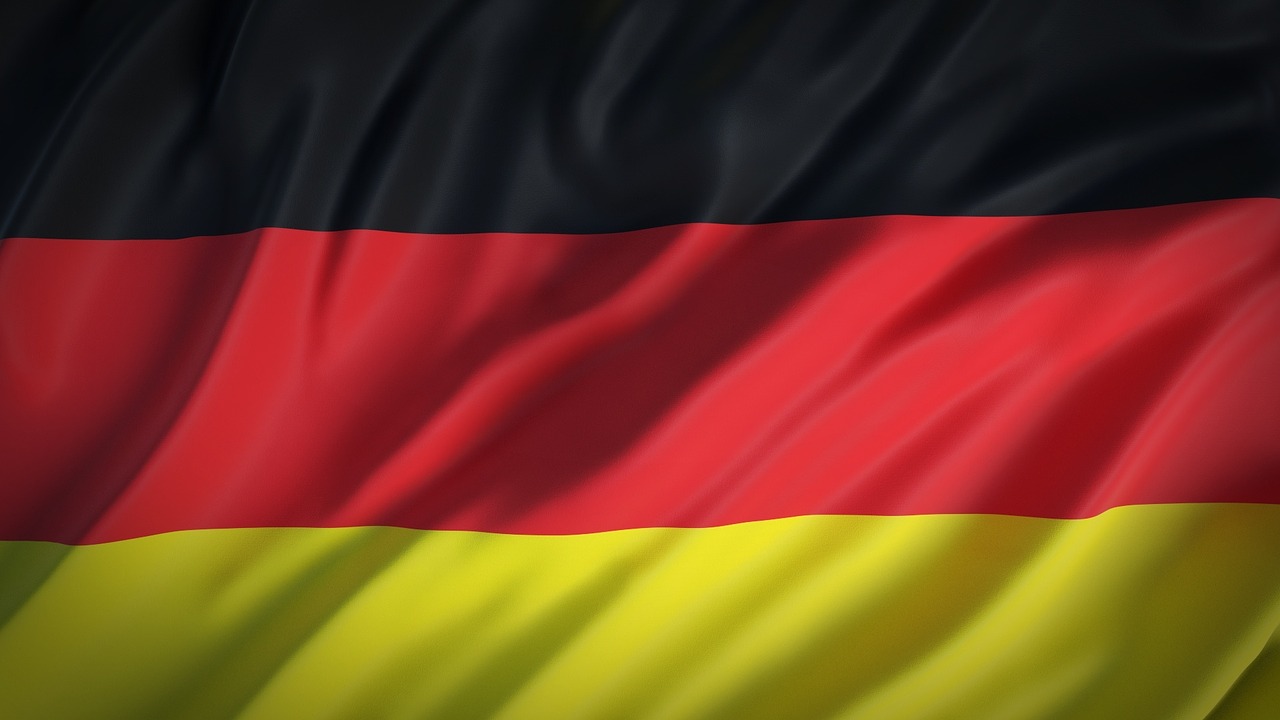German pricing rules hit Eisai's Halaven

Eisai may have to sell its Halaven (eribulin) at rock-bottom prices in its new advanced liposarcoma use in Germany after a cost-effectiveness body found it offered “no additional benefit” compared with standard care.
Germany’s Institute for Quality and Efficiency in Health Care (IQWIG) said that the dossier submitted by Eisai showed Halaven produces no additional benefit to established comparator therapies, as defined by the superior cost-effectiveness body, the G-BA.
Halaven, which is already well established in breast cancer, was granted the unresectable advanced or metastatic liposarcoma indication in Europe in May.
But Eisai said IQWIG ignored data in its dossier comparing Halaven with dacarbazine, based on the phase 3 study 309, as well as an indirect comparison to trabectedin, which showed an overall survival advantage.
Final decision on the additional benefit of Halaven in the indication lies with the G-BA, which is expected for the end of December and will inform pricing discussions with the GKV-Spitzenverband, representing health insurers for the country’s statutory scheme.
If G-BA agrees with IQWIG’s analysis – which it often does – Eisai will have a much tougher time in negotiations with GKV-Sptizenverband and could have to offer a deep discount to keep the drug on the market in the indication.
Dr Patrik Holler, director of the Oncology Business Group at Eisai GmbH, said: “Eisai cannot understand the suggestion of the IQWIG that no additional benefit has been proven for eribulin, despite compelling phase 3 data which show an overall survival benefit. We are hopeful that, notwithstanding the report by IQWIG, the G-BA will take a more informed view.”
Eisai is also facing difficulties with England’s drug reimbursement system. Its Lenvima (lenvatinib) for thyroid cancer will not be assessed until at least 2018 because of changes to the Cancer Drugs Fund (CDF).
Halaven was almost de-listed from the CDF in breast cancer last year but was reinstated on appeal.












